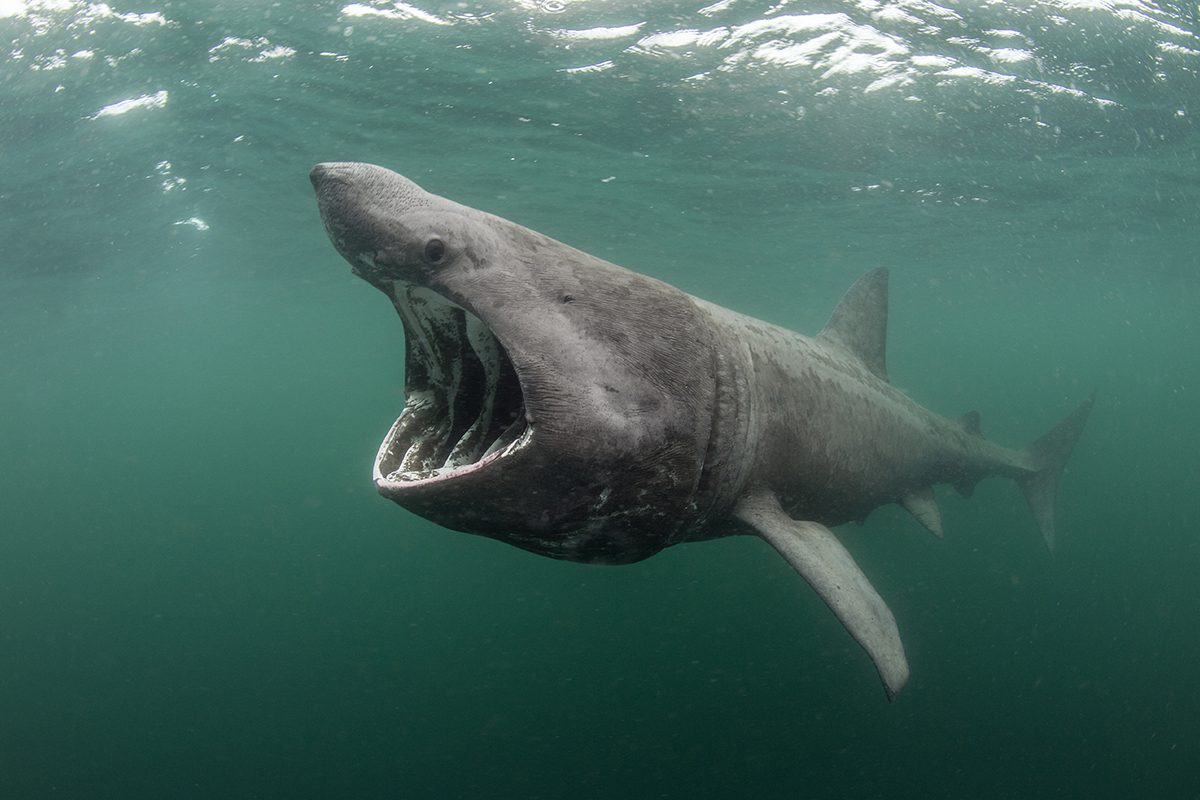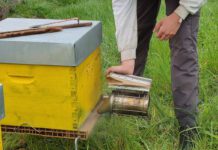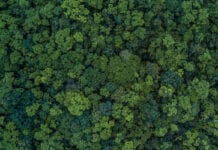
The Scottish Wildlife Trust and Marine Conservation Society are asking people to show their support for basking sharks by responding to a Scottish Government consultation.
The Sea of the Hebrides Marine Protected Area (MPA) is one of four MPAs that were proposed by the Scottish Government in June. Spanning an area between the east coast of the Western Isles and the west coasts of Skye, Mull and the Ardnamurchan Peninsula, it would be the world’s first protected area for basking sharks.
Large groups of basking sharks gather in the Hebrides from May to October to feed on the plentiful plankton supported by the mixing of nutrient-rich cold waters with warmer surface waters.
Dr Sam Collin, Marine Planning Manager, Scottish Wildlife Trust said: “Basking sharks are only in Scottish seas for around six months of the year but it is vital that we do all we can to protect them from harm. The proposed MPA is a welcome step forward for the conservation of this threatened species and adds to a growing network of protected areas around Scotland.”
Calum Duncan, Head of Conservation Scotland, Marine Conservation Society said: “We know Scotland’s wildlife and environmental quality are of immense value, both in their own right and to our global reputation, and so are delighted that these new sites are being proposed. We urge as many people as possible to join our campaign to ensure basking sharks, and other features, have better protection in Scottish waters.”
Stuart McMillan MSP for Greenock and Inverclyde, and Species Champion (2) for the basking shark said: “Scotland’s seas are globally important for the basking shark, among other significant species and habitats, but climate change and human activity are placing pressure on our seas. Growing our network of MPAs is vital to ensure we safeguard our precious marine life for future generations.”
Basking sharks are the largest fish found in Scottish waters and the second largest in the world. For much of the 20th Century they were hunted in large numbers for the valuable oil found in their livers. Despite becoming a protected species in Scotland in 1998, they remain under threat. They face becoming entangled in fishing gear, being accidentally struck by boats and harassment from recreational and wildlife-watching vessels. They can also be accidentally caught by fishermen as bycatch.
The new Sea of the Hebrides MPA would be the world’s first protected area for basking sharks, and would offer them, as well as other species such as minke whales, additional protection by controlling potentially harmful activity in the area.
To support the creation of the world’s first protected area for basking sharks in Scotland visit www.baskingsharkmpa.co.uk by Friday 30 August
Gentle giants: Five facts about basking sharks
Basking shark populations declined in the 20th Century due to widespread hunting – it is thought that 100,000 were hunted from the North Atlantic. They were prized for the oil in their huge livers, which can account for 25% of their total body weight.
Basking sharks are the second largest fish in the world. They can grow up to 12 metres long and weigh up to seven tonnes.
Despite their giant size and slow swimming speed of around 3 miles per hour, basking sharks can leap more than a metre out of the water (breaching).
It is thought that basking sharks live for around 50 years and that females give birth every two to four years.
Basking sharks feed on microscopic zooplankton and their mouths can be up to one metre wide.







